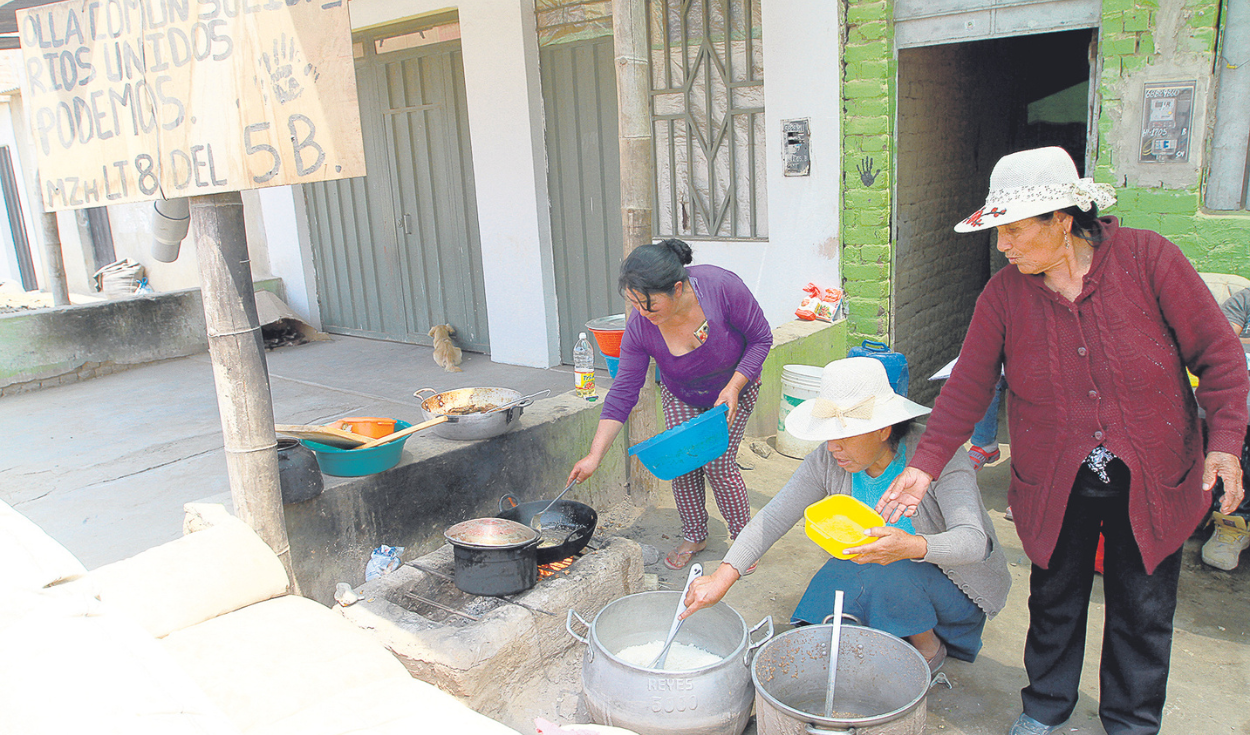
Approaches
By Federico Arnillas, president of the Roundtable for the Fight against Poverty
Generate food stock
The first thing to recognize is that we are late. That seems to me to be the main element. So, the point of intervention has to do fundamentally with the management of the emergency. The critical factor is water, we have already suffered it and we are still in that situation.
What needs to be identified is that package of emergency measures that we would have to take into account, to generate a stock of food to support this population, and due to the seriousness of the case, it seems to me very important to manage international alliances in order to have the necessary inputs to to serve the population.
By Lena Arias, National Officer of the World Food Program
Identify vulnerable areas
The food crisis is not just about malnutrition and anemia. One must also consider the overweight and obesity in this urgency because we have to demystify that they are a problem of excessThey are a food quality issue.
So, one of the important issues is the urgency of identifying which are the people, the places, the districts that are now expressing the highest prevalence of food insecurity and malnutrition and setting clear goals.
It is urgent to set ourselves the goal of eliminating severe food insecurity at the very least.
By Sonia Arce, director of Agrarian Policies at Midagri
Buy from producers
With regard to state purchases from family farmers, according to a preliminary evaluation, the 20% goal this year. Here is an issue that we have to analyze in a multisectoral way to at least meet the goal next year.
On the other hand, resources have been allocated to water planting and harvesting projects, but they are not enough. There are budget limitations there.
About food loss and waste, 47.6% of the supply is wasted. That is where we all have to act: from producers to consumers.
By Jenny Valdez, Dean of the FIA of the La Molina National Agrarian University
Promote nutrition education
Food insecurity is not only having a sufficient quantity of food, but also access, and that these have adequate quality and that they are obviously incorporated into a balanced diet.
We from the academy we keep watching the lack of nutritional education and the lack of healthy options that lead to this poor diet.
Within the future perspectives, it does not join the academy to support the entire process that implies the lack of knowledge. The university can support and raise awareness in society to improve their nutrition.
Source: Larepublica
Alia is a professional author and journalist, working at 247 news agency. She writes on various topics from economy news to general interest pieces, providing readers with relevant and informative content. With years of experience, she brings a unique perspective and in-depth analysis to her work.











